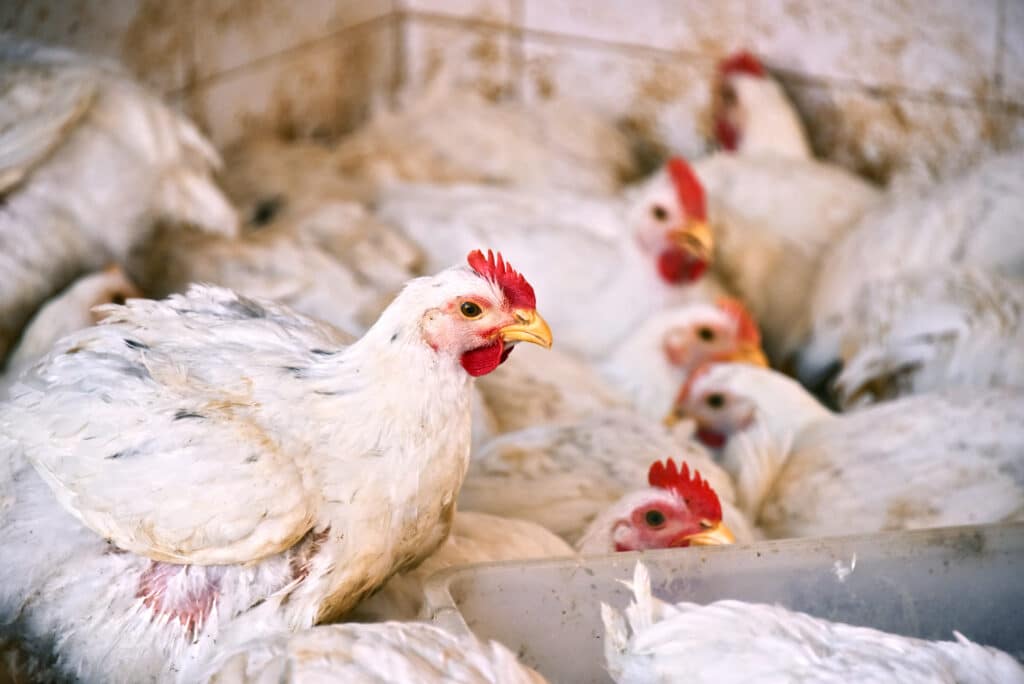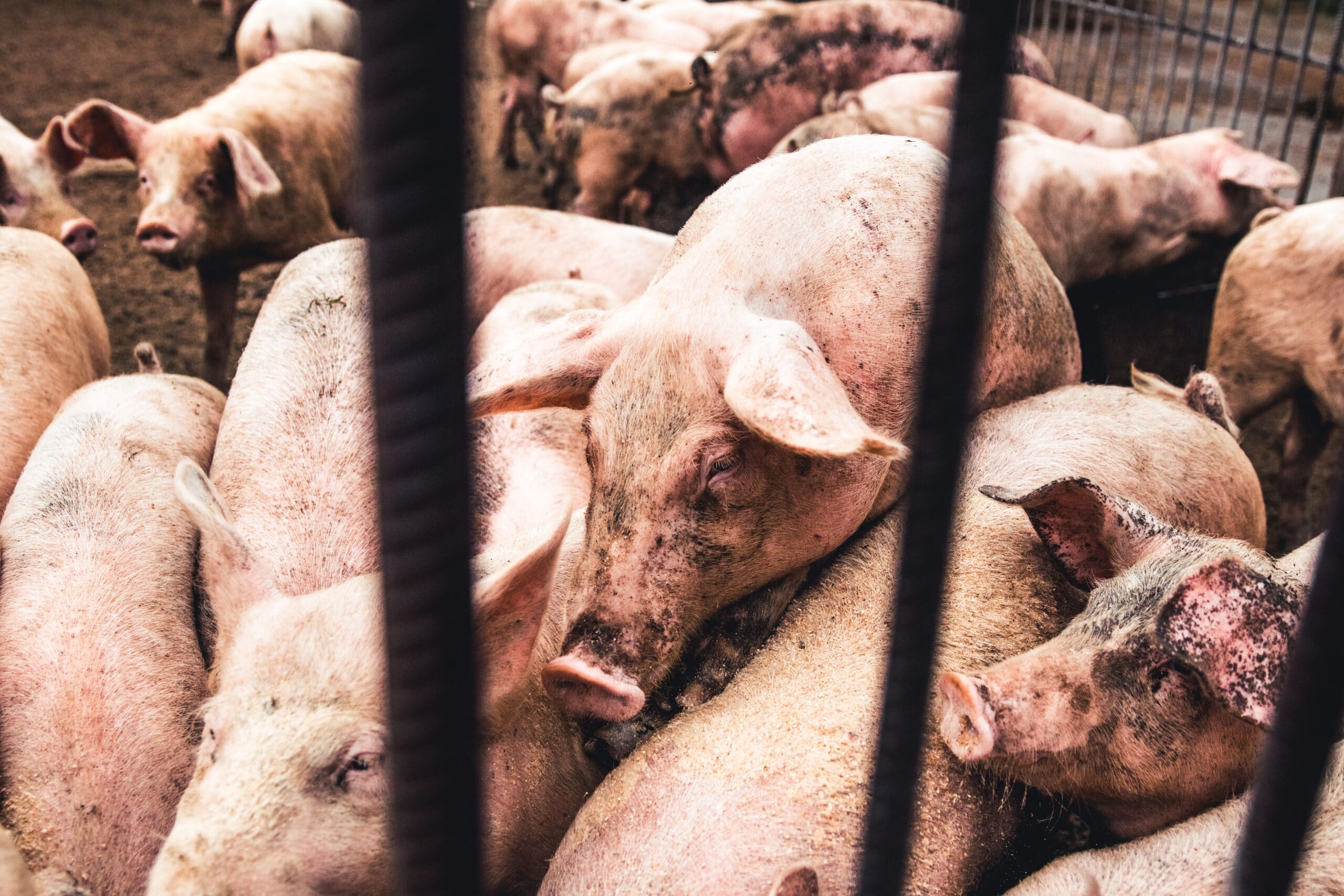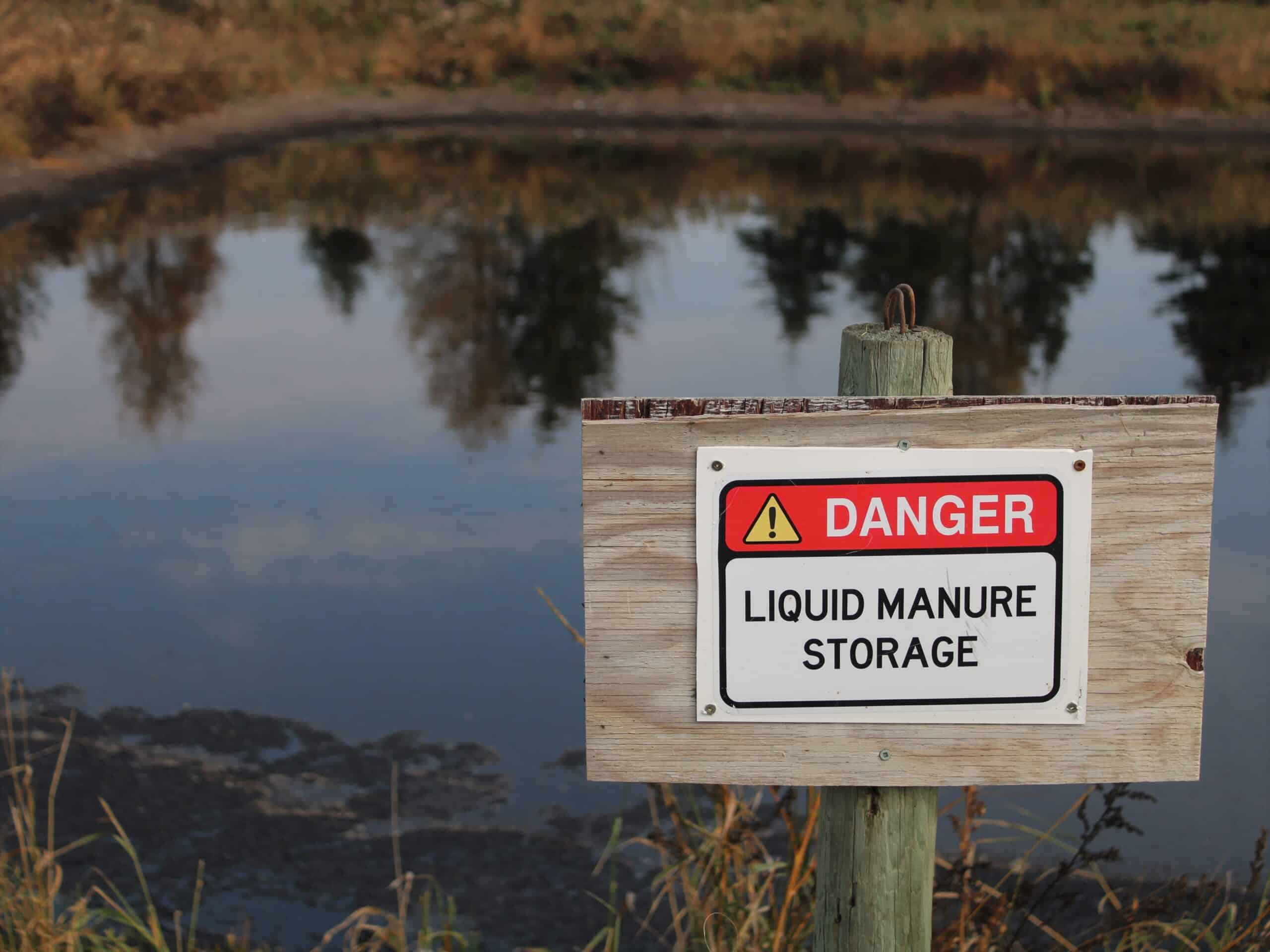
Animal Agriculture Policy
Animal Agriculture Policy
Friends of the Earth is working to reduce harm and shift away from factory farming by strengthening oversight and curbing the extensive subsidies and incentives for the industrial animal agriculture sector and advancing policies that support a just transition towards a healthy and regenerative food system.
The meat, eggs and dairy at the center of many plates are also at the center of some of our world’s greatest threats to the environment, public health, workers’ rights, and animal welfare. In the U.S., the vast majority of animal products come from animals raised in industrial facilities known as concentrated animal feeding operations (CAFOs) or factory farms. These foods are the most resource-intensive in our diet — they require massive water and energy inputs and generate significant greenhouse gas emissions, and soil, air, and water pollution. The impacts of this industrial system threaten rural economies, public health, and quality of life for the communities where they are located, which are disproportionately communities of color and low-wealth communities.
Animal agriculture is also a major driver of climate change, with the U.S. Environmental Protection Agency attributing 36% of U.S. methane emissions to animal agriculture. In response, the factory farming and fossil fuel industries are pushing dirty factory farm gas (also known as biogas) as “renewable energy” — in reality, it is anything but. Factory farm gas production harms environmental justice, contributes to industry consolidation, and crowds out funding for truly effective conservation practices. It is a greenwashing measure that insufficiently reduces methane emissions while further entrenching the inherently unsustainable and unjust systems of industrial animal agriculture and fossil fuel energy.
To avert the worst impacts of climate change, ensure environmental justice for rural communities and fairness for farmers, and conserve our natural resources for future generations, Friends of the Earth is fighting for real climate solutions. This means advocating for policies that will lead to producing and consuming fewer factory farmed animal products, supporting the farmers and ranchers who are raising animals humanely and sustainably, and demanding that our government hold industrial agriculture operations accountable for their harms to communities, animals, and the environment.
Media
Resources
Ways to Support Our Work

Read Latest News
Stay informed and inspired. Read our latest press releases to see how we’re making a difference for the planet.

See Our Impact
See the real wins your support made possible. Read about the campaign wins we’ve fought for and won together.

Donate Today
Help power change. It takes support from environmental champions like you to build a more healthy and just world.

